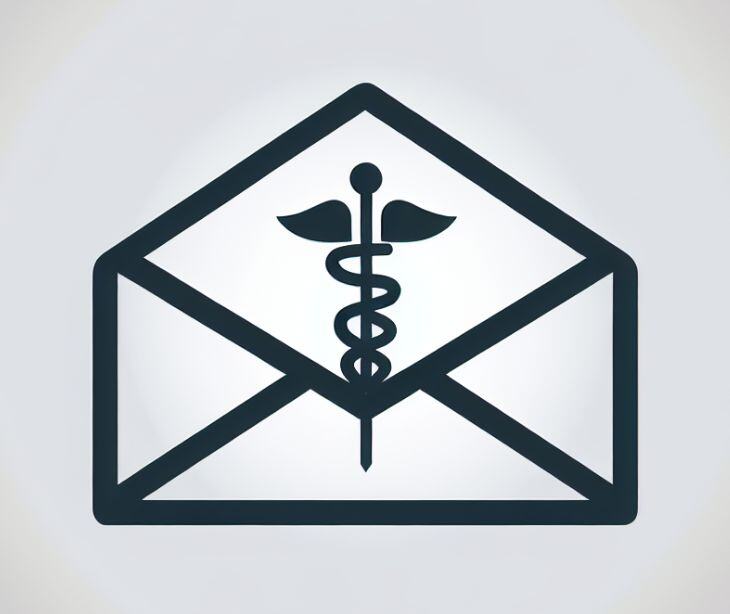2 min read
Using HIPAA compliant email to improve postnatal communication
Kirsten Peremore
June 10, 2024

Email can provide tailored postnatal care by allowing healthcare providers to send personalized information and support directly to new mothers. Providers can share specific medical advice, breastfeeding tips, mental health resources, and answers to individual questions.
Effective communication in postnatal care
Postnatal care includes services like physical health checks for mother and baby, breastfeeding support, mental health evaluations, and newborn care guidance. Communication helps in delivering this care because it ensures new mothers receive timely, tailored information and support. Effective communication helps new mothers understand their health status, recognize potential issues early, and feel supported in their parenting journey.
According to a study published in BMC Pregnancy and Childbirth, “Healthcare communication has been shown to impact on levels of patient satisfaction. Within the specialty of maternity care, measures of communication, such as time spent discussing problems, have been shown to be significantly linked to satisfaction levels in prenatal care and care during labor and delivery, or with satisfaction with maternity care as a whole.”
This communication involves clear, responsive interactions where healthcare providers offer advice, answer questions, and provide reassurance. This approach improves the health and well-being of both mother and child by creating a supportive environment that meets their physical and emotional needs.
See also: HIPAA compliant text messaging and prenatal convenience
The use of HIPAA compliant email in postnatal communication
Email is a way to communicate with postnatal patients, and it allows healthcare providers to send timely information and support directly to new mothers. This method facilitates a connection by enabling consistent communication, helping new mothers stay informed and feel supported. Through email, healthcare providers can share information like medical updates, breastfeeding tips, mental health resources, and answers to common questions.
Not just any form of email is secure enough to be used in a healthcare setting. Healthcare organizations need to make sure they use HIPAA compliant email to protect sensitive health information. This makes sure that medical details, personal health advice, and mental health support remain confidential. This security allows for the development of trust and support in this important time in a postnatal patient's life.
Simple ways to apply HIPAA compliant email to postnatal care
- Collect contact information: During prenatal visits, collect email addresses and consent from expectant mothers to communicate via email.
- Set up a secure, HIPAA compliant email system: Ensure the email system you use complies with HIPAA regulations to protect patient information.
- Create a personalized care plan: Develop a care plan tailored to each mother’s specific needs, including medical, breastfeeding, and mental health aspects.
- Send timely medical advice: After childbirth, email personalized guidance on recovery, pain management, and instructions for prescribed medications.
- Offer breastfeeding support: Provide tips and strategies tailored to each mother’s breastfeeding experience, addressing any challenges she may face.
- Share mental health resources: Send information on recognizing postpartum depression, coping strategies, and contact details for support services.
- Respond to individual questions: Encourage mothers to email their questions and concerns, and provide prompt, specific advice and reassurance.
- Schedule regular check-ins: Send regular emails to check in on the mother’s progress and remind her of upcoming appointments or milestones.
See also: Top 12 HIPAA compliant email services
FAQs
What is the postnatal stage of pregnancy?
The postnatal stage of pregnancy refers to the period immediately after childbirth, during which the mother and newborn receive care and support for recovery and health.
Is consent necessary to send emails to patients?
Yes, obtaining consent is necessary before sending emails to patients to ensure compliance with privacy regulations and respect for patient preferences.
What other methods can be used to communicate with postnatal patients?
Other methods to communicate with postnatal patients include phone calls, text messages, in-person visits, and video consultations.
Subscribe to Paubox Weekly
Every Friday we bring you the most important news from Paubox. Our aim is to make you smarter, faster.




